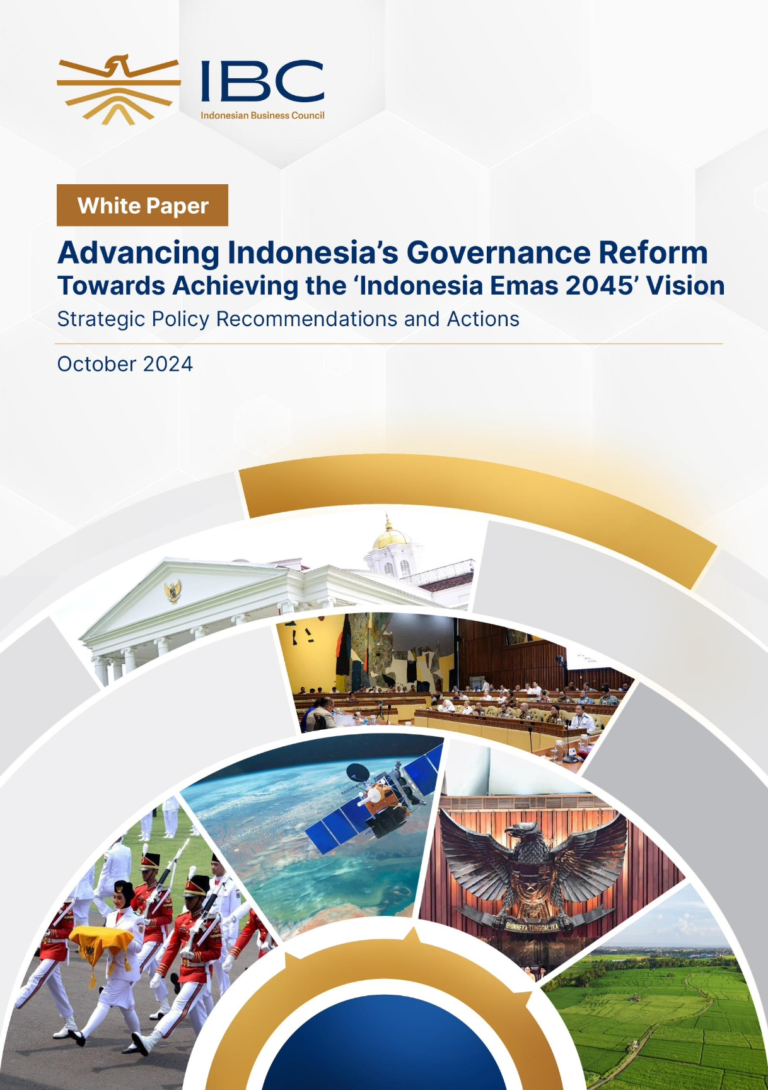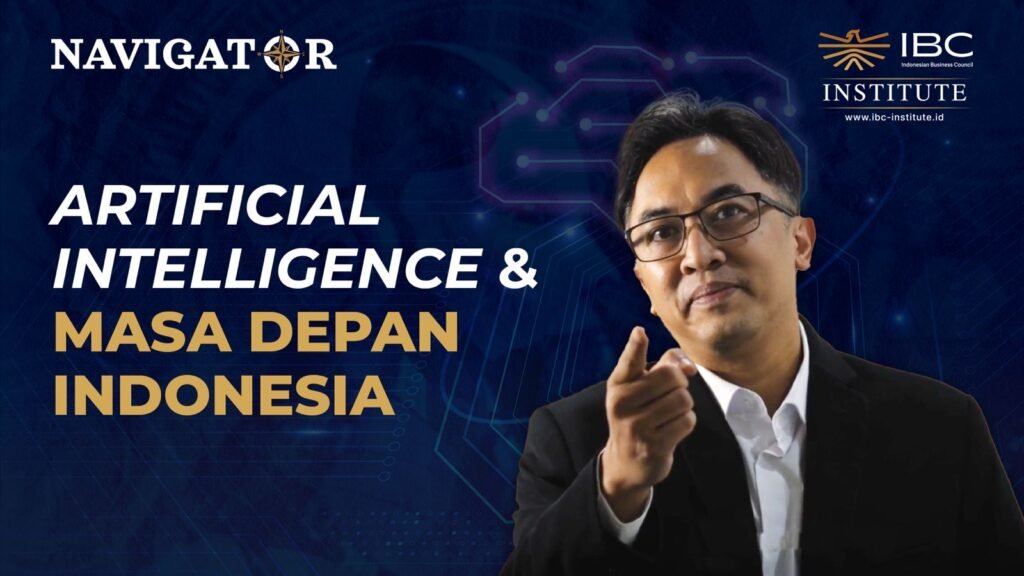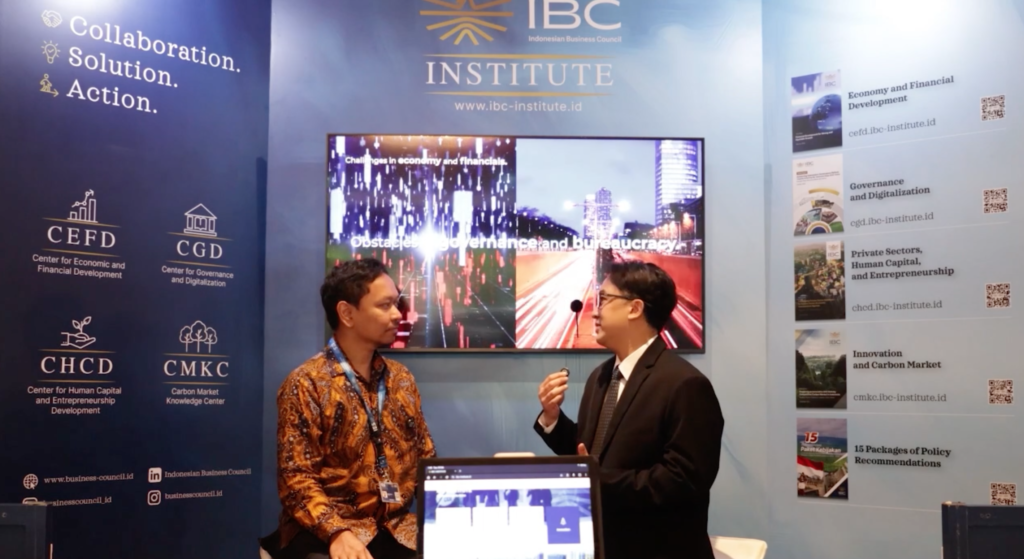The Center for Governance and Digitalization (CGD) advances good governance and impactful digital initiatives to enhance ease of doing business, national competitiveness, and public welfare. Key CGD initiatives include:
GOVERNANCE
Center for Governance
& Digitalization
The Purpose
Good Governance
Waste Management
Boosting Productivity
Data Governance
The Approach:
From Research to Impact

Advancing Indonesia's Governance Reform Towards Achieving the 'Indonesia Emas 2045' Vision
This study utilizes the World Governance Indicators (WGI) framework, developed by the World Bank, to provide a comprehensive analysis of Indonesia’s governance landscape. It highlights effective practices and offers practical recommendations to address the challenges faced by Indonesia. IBC believes the pressing need for governance reform is not only a matter of improving administrative efficiency but also a strategic imperative for Indonesia’s long-term development objectives. Without comprehensive reforms, the nation risks overcoming persistent issues like corruption, inefficiency, and inadequate public services.
The document emphasizes the importance of systematic and thorough governance reform as a high-priority agenda, crucial for achieving ambitious economic growth targets and enhancing the well-being of the Indonesian people.
Forecasting the Course Ahead
The Indonesian Business Council (IBC) hosted the ‘IBC Business Competitiveness Outlook 2025,’ emphasizing four key approaches to enhance collaboration with the business sector and attract investment. These include governance reforms to improve ease of doing business, private-public collaboration in infrastructure development to boost socio-economic quality, advancing industrialization through downstream strategies, and promoting a green economy. Explore the IBC’s 2025 Outlook.
The Indonesia Economic Summit 2025
IES is a high-level forum designed to bring together international business leaders, policymakers, thinkers, and industry champions. The forum explores Indonesia’s current and future economic development, and how it becomes the new growth hub in the global landscape. In its first year, IES explore a range of topics, including industrialization, fiscal and monetary policy, investment, food security, energy transition, state-owned enterprise reform, international market diversification, green protectionism, human talent development, and others.
Fellows

Khairul Rizal
Senior Fellow

Muhammad Erza Aminanto
Fellow

Ratih Paramyta Sari
Fellow

Fazlur Rahman Hassan
Fellow

Bima Nur M.R.
Fellow
Analyzing the Issues
Agendas
The Launching of Policy Brief on Harmonizing Data Regulations
In Indonesia, data governance remains fragmented across sectors and institutions, creating uncertainty for businesses and challenges for international collaboration. To address this, the Secretariat of Digital Dialogues Indonesia and the...
Indonesia Digital Bank Summit 2025
This initiative aims to raise public awareness of the dangers of fraud and the increasingly sophisticated practices of illegal financial activities in the digital era. It also serves as a...
IBC–BRIN Policy Dialogue on Industry Agglomeration
The Indonesia Business Council (IBC) will hold a meeting with the National Research and Innovation Agency (BRIN) to discuss the concept and potential of industry agglomeration. During this session, both...
Signing of Memorandum of Understanding between IBC and Bappenas
The Indonesia Business Council (IBC) and Bappenas will sign a Memorandum of Understanding (MoU), which will lay the foundation for strategic collaboration in formulating public policies and implementing development programs...
Indonesia Economic Summit 2025
IES is a high-level forum designed to bring together international business leaders, policymakers, thinkers, and industry champions. The forum will explore Indonesia's current and future economic development, and how it...





